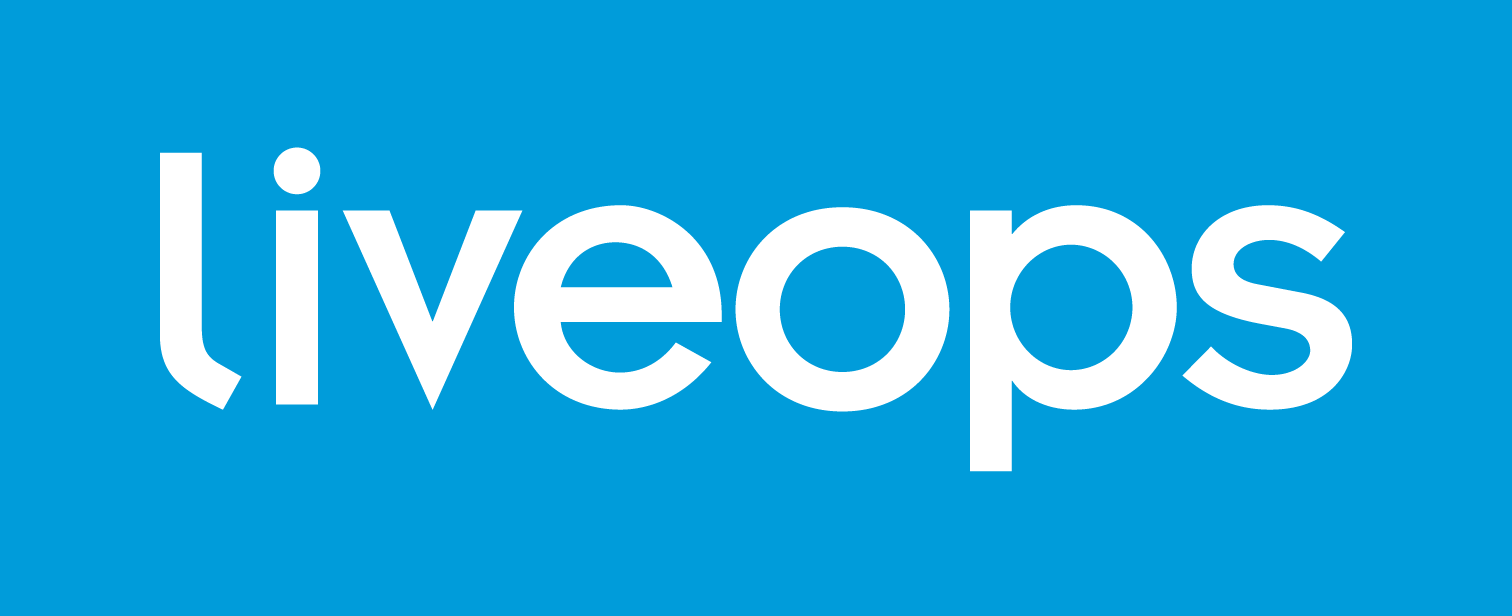Landing a high-paying remote job at top tech companies is possible, but it takes more than sending resumes. If you’re serious about working at places like Intuit, Coinbase, or Instacart, you need the right strategy, timing, and a clear understanding of what these companies want.
This guide gives you insider tips for landing high-paying remote jobs at Intuit, Coinbase & Instacart, so you don’t waste time guessing or chasing the wrong leads. You’ll learn how to stand out, where to apply, what to say, and how to get referred all in simple, clear steps you can act on.
Start With the Pay: Why Remote Jobs at Intuit, Coinbase, and Instacart Are Worth Targeting
Remote jobs at Intuit, Coinbase, and Instacart pay far above average. These companies compete for top talent and offer six-figure salaries for many roles, even at mid-level. For example, Coinbase pays remote software engineers between $180,000 and $240,000 per year. Intuit offers senior product managers remote salaries ranging from $150,000 to $200,000.

Instacart pays competitive rates to engineers, designers, and analysts. In addition to salary, these companies often offer equity, annual bonuses, and strong benefits. Remote roles at this level also bring flexibility, career growth, and job security. That’s why these companies remain top targets for high-paying remote work.
- Briefly show what high-paying means at these companies
- Mention remote salaries by role type (engineers, product managers, marketers, etc.)
- Set expectations with real salary figures (e.g. Remote Software Engineers at Coinbase earn $180k–$240k/year)
Read: How to Hire Top Remote Developers and Build Your Virtual Dream Team
What These Companies Look For in Remote Candidates
Hiring managers at Intuit, Coinbase, and Instacart look for people who take ownership, solve problems independently, and communicate clearly. Beyond technical skills, they value candidates who can work without constant oversight. Traits like self-motivation, clarity in writing, time management, and decision-making are key.
They also want people who understand the company’s mission and show genuine interest. A strong resume helps, but they pay close attention to how well you fit their remote culture. Candidates who highlight real results and direct impact in past roles usually stand out. Show them you can do the job and stay productive without handholding.
- Clear list of must-have skills and traits
- What hiring managers want beyond the resume (ownership, async communication, product thinking)
- Common resume deal-breakers and what makes applications stand out
Best Roles to Target for High Pay (And Where to Find Them)
The highest-paying remote roles at these companies are usually in engineering, product, and data. At Intuit, target roles like Staff Software Engineer, Data Scientist, and Senior Product Manager. Coinbase pays well for Security Engineers, Blockchain Compliance Leads, and Frontend Developers.
Instacart offers top pay for AI Engineers, UX Designers, and Backend Developers. You can find these roles on each company’s careers page, but also on job boards like Wellfound (formerly AngelList Talent), Remote OK, and Levels. Fyi. These sites list salary ranges and job levels. Focus on roles tagged “remote” and check back weekly to catch new high-paying openings.
- List top-paying remote roles for each company (with salary estimates)
- Intuit: Senior Product Manager, Staff Software Engineer, Data Scientist
- Coinbase: Security Engineer, Senior Frontend Developer, Blockchain Compliance Lead
- Instacart: Lead UX Designer, AI/ML Engineer, Backend Developer
- Direct users to each company’s careers page and top job boards (e.g. Wellfound, Levels. fyi, Remote OK)
How to Write a Resume and Cover Letter That Gets Picked
Your resume should be clear, tailored, and show results. Focus on achievements, not just duties. Use active verbs like led, built, launched, and increased. Match your language to the job description, especially for remote-specific skills like communication and collaboration. Keep formatting clean and easy to scan.
For your cover letter, keep it short no more than three paragraphs. Explain why you want the role and how you can help the company. Include one line that shows you understand their mission. End with a direct call to action. A personalised, clear, and confident application always has a higher chance of being read.
- Simple resume formatting that works best
- Key action words and phrases that match what recruiters use
- How to customise for each company without overcomplicating
- One real example or mini-template
Get Referred: The Shortcut to Interviews
Referrals give you a huge edge. At Intuit, Coinbase, and Instacart, referred candidates often skip early screening steps and land interviews faster. To get a referral, connect with employees on LinkedIn. Don’t ask right away. Start by engaging with their posts or sending a short, respectful message.

After a few exchanges, ask if they’d be open to referring you for a specific role. Keep it polite and easy for them. Include your resume and the job link. A simple message like Hi, I admire your work at Coinbase would you be open to referring me for this remote role? Works well.
- How to get employee referrals without being spammy
- Best ways to connect with current employees on LinkedIn
- Short, polite LinkedIn DM message that actually works
Read: Your Guide to Remote Freelance Careers: From DevOps to Medical Billing
Ace the Interview: What to Expect and How to Prepare
These companies use structured interviews, often with multiple rounds. Expect a mix of technical questions, behavioural questions, and remote-work scenarios. You’ll likely interview with both team members and managers. For technical roles, prepare for live coding or system design questions. For non-tech roles, focus on metrics, collaboration, and ownership stories.
Practice answering with the STAR method (Situation, Task, Action, Result). Be ready to explain how you manage time, prioritise tasks, and handle remote communication. Keep answers clear and concise. Show confidence, not arrogance. Always research the company’s latest product updates and be ready to explain why you want the role.
- Common interview formats used by Intuit, Coinbase, and Instacart
- Key questions they ask for remote roles (and why)
- A short list of things to always do during remote interviews
Final Steps That Make or Break the Offer
After the interview, send a short thank-you email within 24 hours. Express interest, mention something specific from the interview, and keep it professional. Then wait patiently for the decision timeline. If you get an offer, don’t accept right away. Compare it to public salary data using sites like Levels. Fyi and Blind.
Be ready to negotiate salary, signing bonus, or equity. Keep your tone respectful and factual. Ask clear questions if the offer terms are unclear. These companies expect negotiation, so don’t skip it. Getting this step right can boost your total pay by thousands without changing the role itself.
- What to do after the interview (thank you note, follow-up timeline)
- How to negotiate remote salary and equity smartly
- How to avoid lowball offers (use public salary data, speak in numbers)
Fast-Track Resources That Save You Time
Use tools that speed up your job search. For resumes, tools like Teal and Jobscan help tailor your application fast. For interview prep, platforms like Interviewing.io and Pramp give you live mock interviews. Need a referral? Sites like Refer.me and Ladder connect you with people offering referrals for top tech companies.

Want to track new jobs? Subscribe to curated job newsletters like Remote Weekly, Otta, and Remotive. These resources keep you focused, reduce time wasted, and improve your chances. Some tools are free, others are paid, but they’re worth it if they help you land a six-figure remote job faster.
- Free tools that help (resume scanners, referral networks, prep platforms)
- Paid tools/services worth investing in (with affiliate potential for monetisation)
- Weekly job newsletters focused on premium remote tech roles
Read: The Ultimate Guide to High-Paying Remote Roles in 2025
This guide shares insider tips for landing high-paying remote jobs at Intuit, Coinbase, and Instacart. It covers what these companies look for, which roles pay the most, how to stand out with your resume, how to get referrals, and how to succeed in interviews.
You’ll also find smart ways to negotiate offers and tools that speed up your job search. Whether you’re in tech, design, or product, this guide helps you take the right steps to secure a top remote job with strong pay and long-term growth potential.


